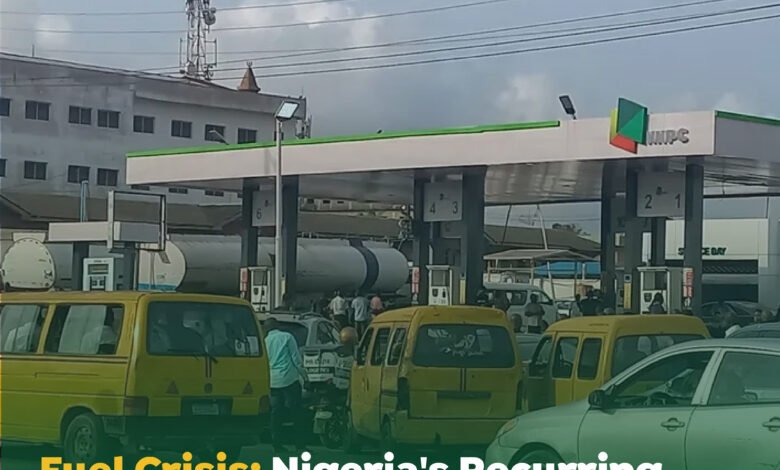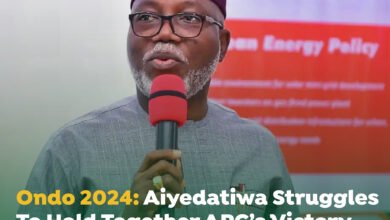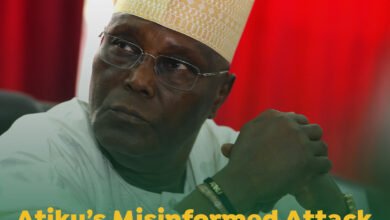
Just when many Nigerians thought they had seen the last of it, the familiar scenes of long queues, frustrated motorists and the economic hardship that comes with every cycle of fuel crisis is back and biting hard on the citizenry.
On Monday, April 29, 2024, many Nigerians woke up to the disturbing news of another acute fuel scarcity. This recurring crisis, despite various government reforms, throws the spotlight on the country’s ongoing struggle with fuel availability.
From Lagos to Lokoja, Kano to Kafancha, Igboho to Igbobi, and Sapele to Sepeteri, the story was the same: long queues, exorbitant prices, and a crippling disruption of daily life.
‘Artificial Scarcity’
While critics have tried to paint the government all black for this latest setback, the Independent Petroleum Marketers Association of Nigeria (IPMAN) said the scarcity being witnessed across the country is largely attributed to the turnaround maintenance of refineries in Europe, which it noted has hindered access to the product.
IPMAN public relations officer Chinedu Ukadike noted the acute shortage in supply on importation bottlenecks and the slow pace of marketers’ license renewal by the Nigerian Midstream and Downstream Petroleum Regulatory Authority, NMDPRA.
“NNPC has said the marketers who have not been able to renew their licenses will not be allowed to remain on their portal, which has been shut for some time now. Because of this, we have not been able to request new products”, he posited.
Experts believe IPMAN explanations suggest the current shortage may be a deliberate tactic by the association in its ongoing fisticuffs with the NNPCL. “This current shortage will last for two weeks before everything will be back to normal”, the association further informed Nigerians.
Reacting to the worsening situation, the NNPCL clarified that “the tightness in the supply of Premium Motor Spirit currently being experienced in some areas across the country is as a result of logistics issues and that they have been resolved.”
The NNPCL also reassured Nigerians that “the prices of petroleum products are not changing” and urged them to avoid panic buying as products are sufficient in the country.
However, the reality on the ground sharply differs from the assurance of the NNPCL.
Subsidy Removal
President Tinubu’s decision to remove fuel subsidies in May 2023 triggered a domino effect, with petroleum marketers swiftly raising prices.
This move, while intended to free up funds for critical sectors like education and healthcare, sent shockwaves through the market, inflating the cost of essential commodities.
‘Refining the Oil Curse’
The much-anticipated arrival of the Dangote and Port Harcourt refineries promised an end to Nigeria’s dependence on fuel imports
However, none has changed the status quo, at least in the interim. The Dangote refinery, owned by billionaire Aliko Dangote, is considered the biggest in Africa and the world’s largest single modular refinery. The Port Harcourt refinery, on the other hand, is also yet to function effectively.
Experts posited that the challenges in the sector range from unsustainable financial costs of subsidy (which has actually been removed), economic distortion, smuggling, endemic corruption, lack of investment, and climate change commitments, among others. Deregulation of the downstream sector and complete removal of fuel subsidies are seen as potential long-term solutions.
As the fuel scarcity continues to bite hard, Nigerians are left wondering when this tortuous cycle of suffering will completely be nipped in the bud.
According to industry experts, it is expedient for the government and stakeholders to work together to address the root causes of this recurring crisis and ensure that fuel is available, but until then, the citizenry will continue to bear the brunt of this artificial scarcity.





